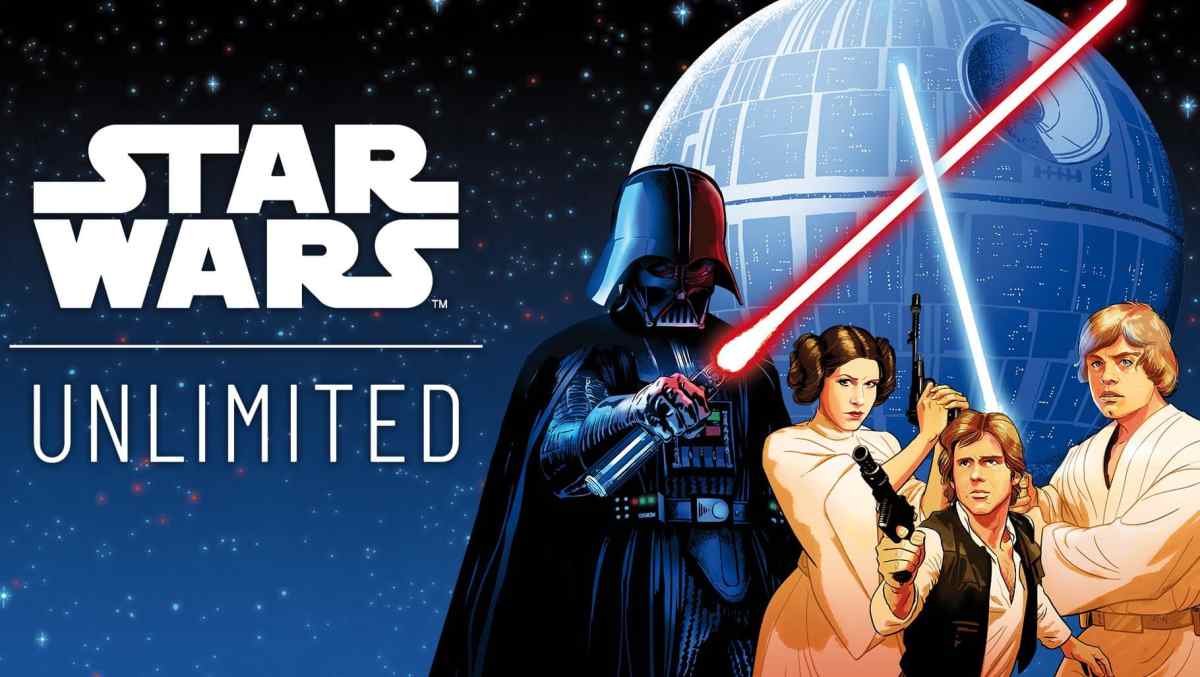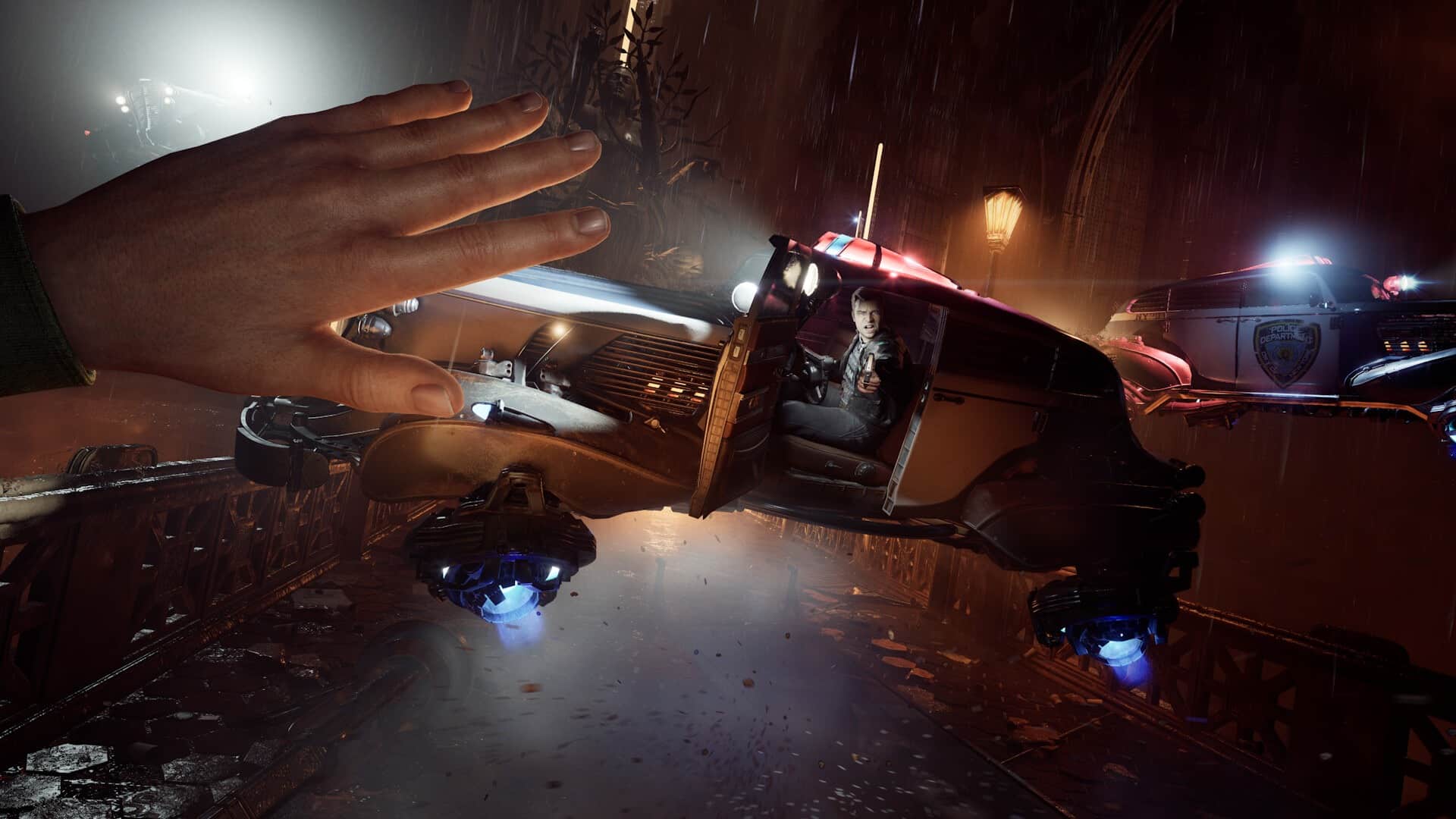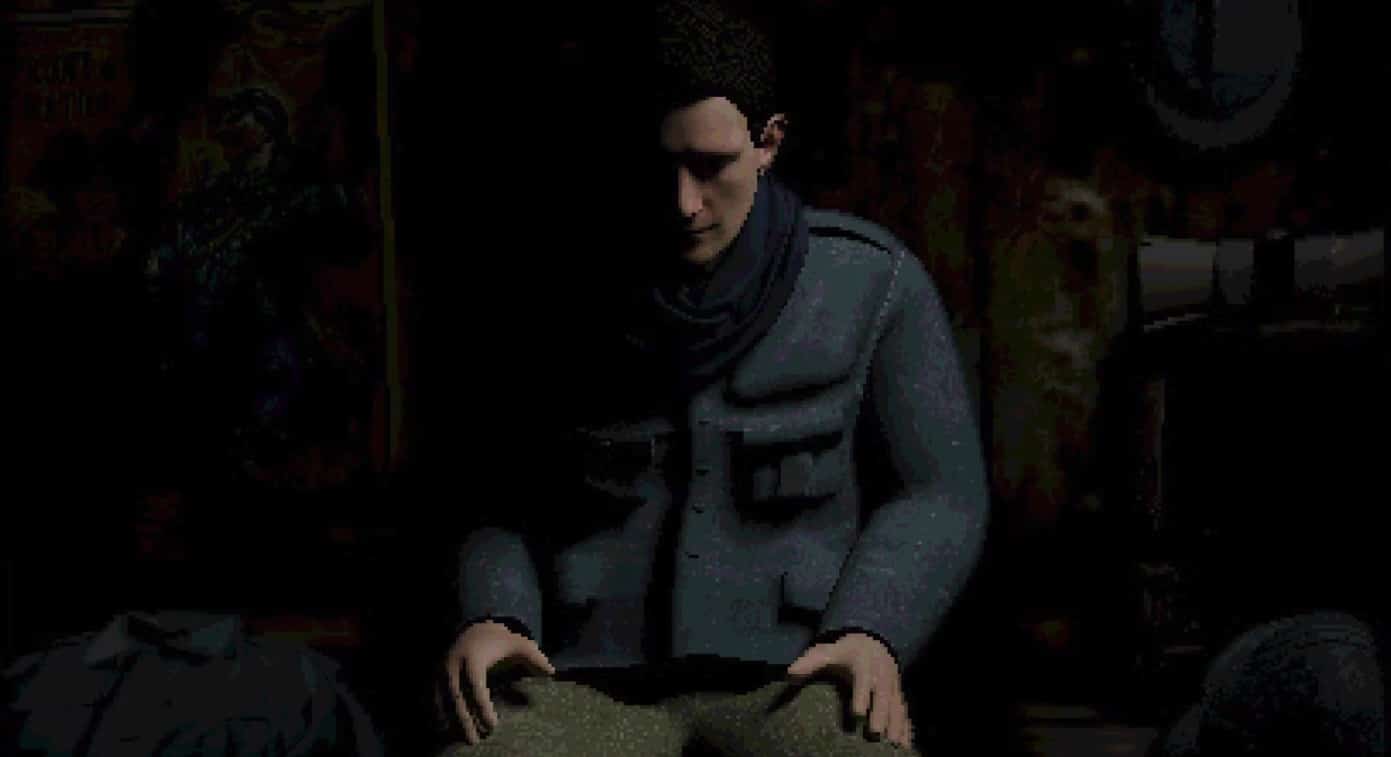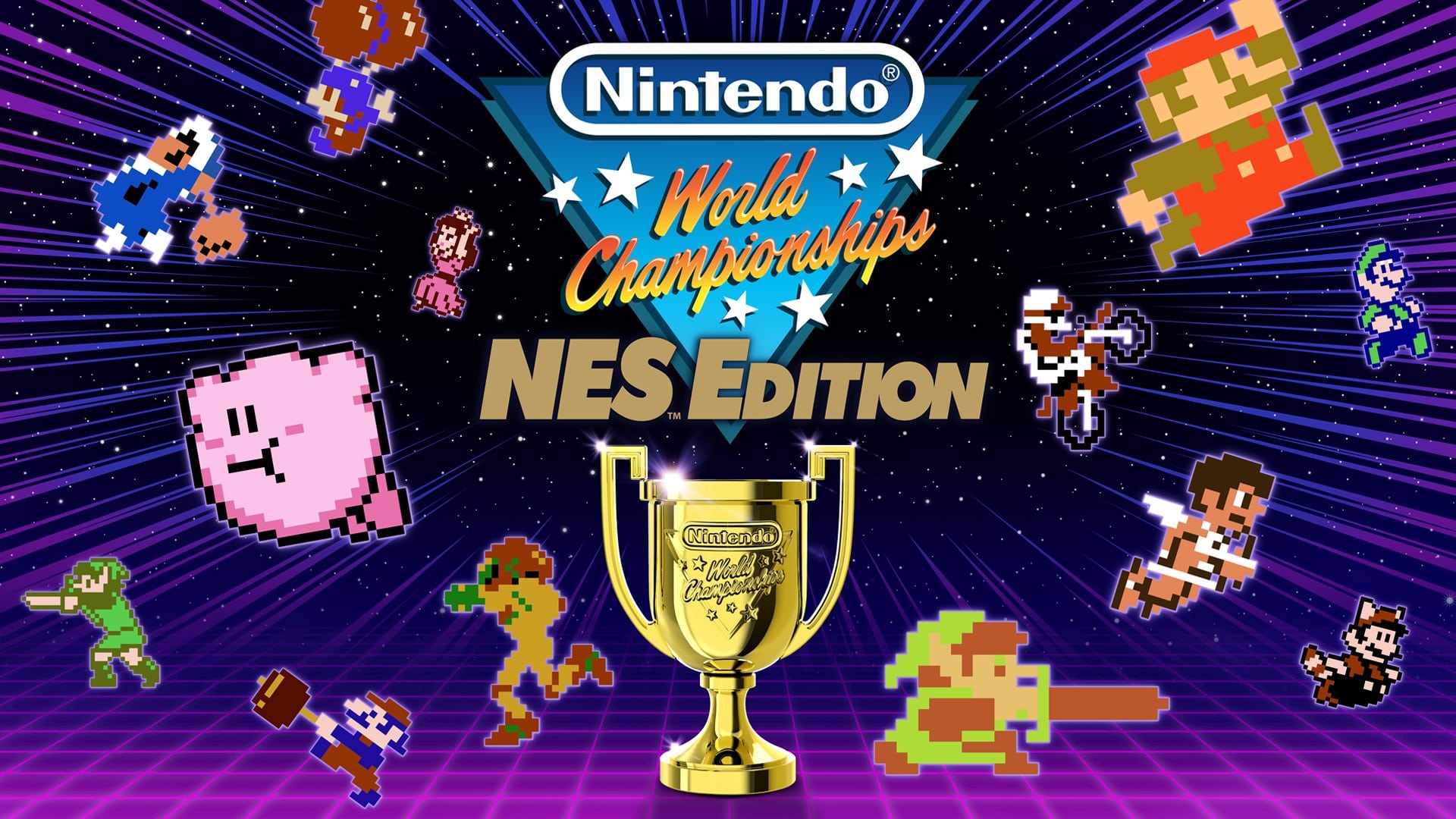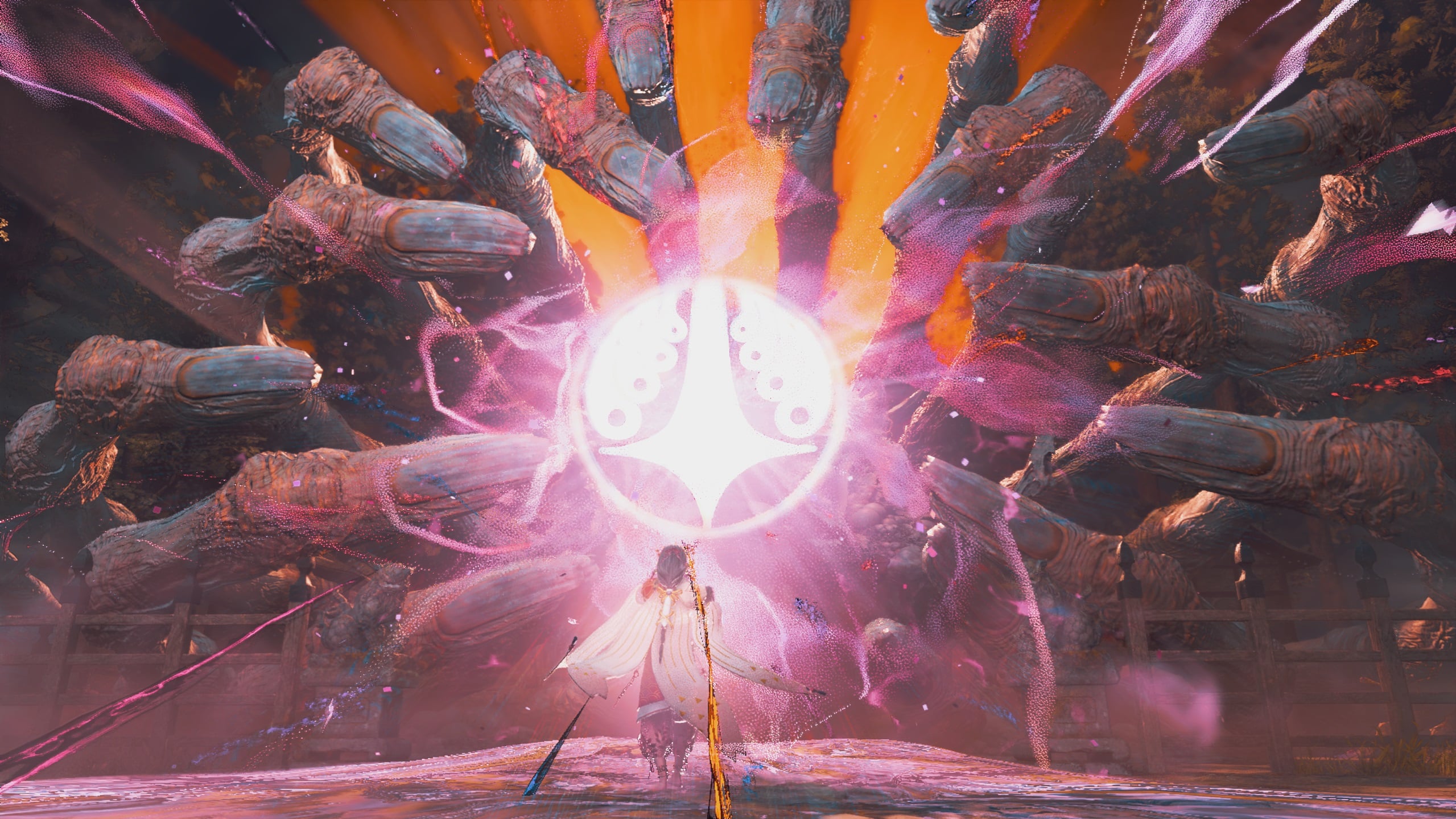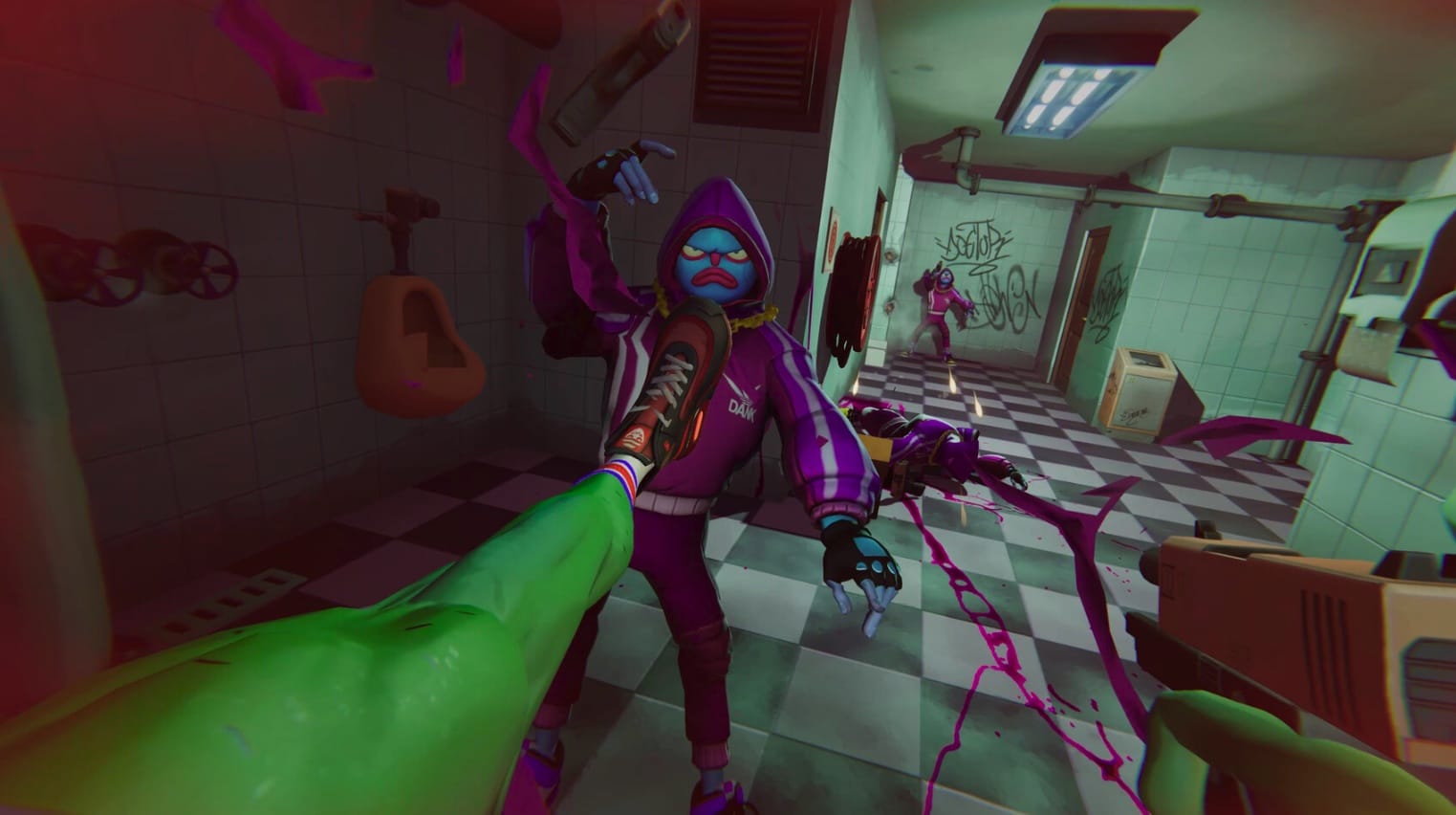I’ve now had over a week with Star Wars: Unlimited, and while I’m absolutely and utterly in love with it, I can’t help but feel anxious over its future.
I’ve been a fan of just about everything Fantasy Flight Games has released over the years. It’s well known for publishing games based on beloved licensed IP, with rulesets that encourage players to really embody the games’ themes. The company’s long out of print Battlestar Galactica tabletop adaptation is my absolute favourite board game ever, and my friends and I still miss the also long out of print Android: Netrunner dearly.
So when I became aware that Fantasy Flight was working on a seasonally evolving Star Wars deck-builder, loosely in the vein of Magic: The Gathering, I became both very excited… and pretty concerned.
Fantasy Flight’s Game of Thrones deck-builder was great, but it’s been dormant for years. Its Warhammer and Warhammer 40,000 deck-builders were great, but are both dead and buried due to corporate squabbling with Games Workshop. The aforementioned Android revamp of the Hasbro-owned card game Netrunner died overnight, in its prime, seemingly due to the petty whims of the licensee.
Star Wars: Unlimited doesn’t deserve to face a similar fate.
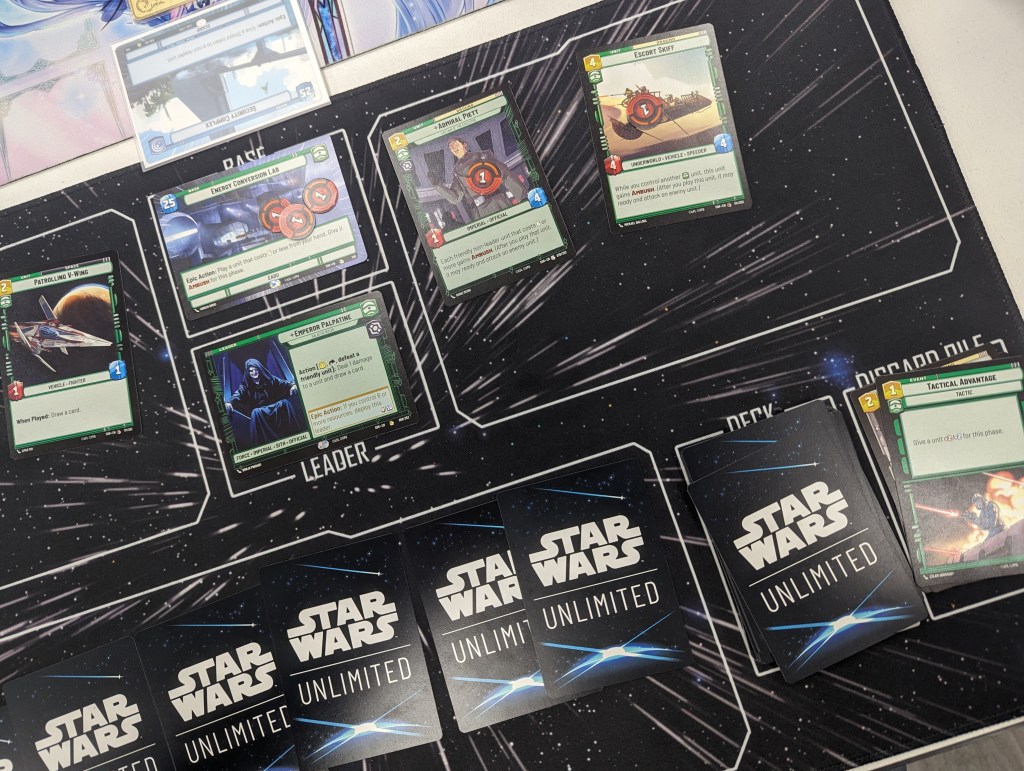
A War in the Stars, and the dirt
Star Wars: Unlimited in its core form is a 1 vs. 1 affair, though rules for a multiplayer variant (similar to Magic’s popular Commander format) are also freely available.
In a standard game, each of the two players will do battle with a deck consisting of a minimum of 30 cards comprising a mix of creatures, upgrades, and what are effectively ‘spells’ plus one Leader card, and one Base card. The destruction of your opponent’s Base is the sole goal for victory.
Unlike Magic, where combat only really exists on a singular, level playing field, Unlimited splits the theatre of war in two. All creature cards fall into one of two categories: Ground and Space. Unless otherwise noted on the card itself, Ground units can only attack and defend against other Ground units, and Space units can only do so against other Space units – but both can freely attack the enemy Base.
Leaders are powerful characters from Star Wars lore who will spend much of the game off the field, manipulating the battle using their specific unique ability. Once a Leader’s certain conditions for deployment have been met, their card can be flipped over and placed on the battlefield as a frontline warrior capable of dishing out direct action, and receiving it in return. Once defeated, they retreat back to their off-field role.
Deck construction and mana, (the latter of which is called Resources here), function in a manner broadly similar to Magic. Each card carries a mix of colour and symbol coded ‘Aspects’, though there are many neutral, Aspect-less cards also. The Aspects found on your Base and Leader cards will ultimately determine your deck’s theme, but Unlimited also allows you to include cards of completely off-theme Aspects, simply increasing the cost to play them by an additional two Resources for each non-compliant Aspect they bear.
As for the amassment of Resources themselves, there is no specific class of cards for it; you simply play any card in your hand face-down in the Resource area once at the start of each round to build your pool of them. As they’re played face-down, the card’s given Aspects don’t matter. It’s a simple but clever alteration to how a typical mana system works, and I absolutely love the reactive flexibility it grants each player.
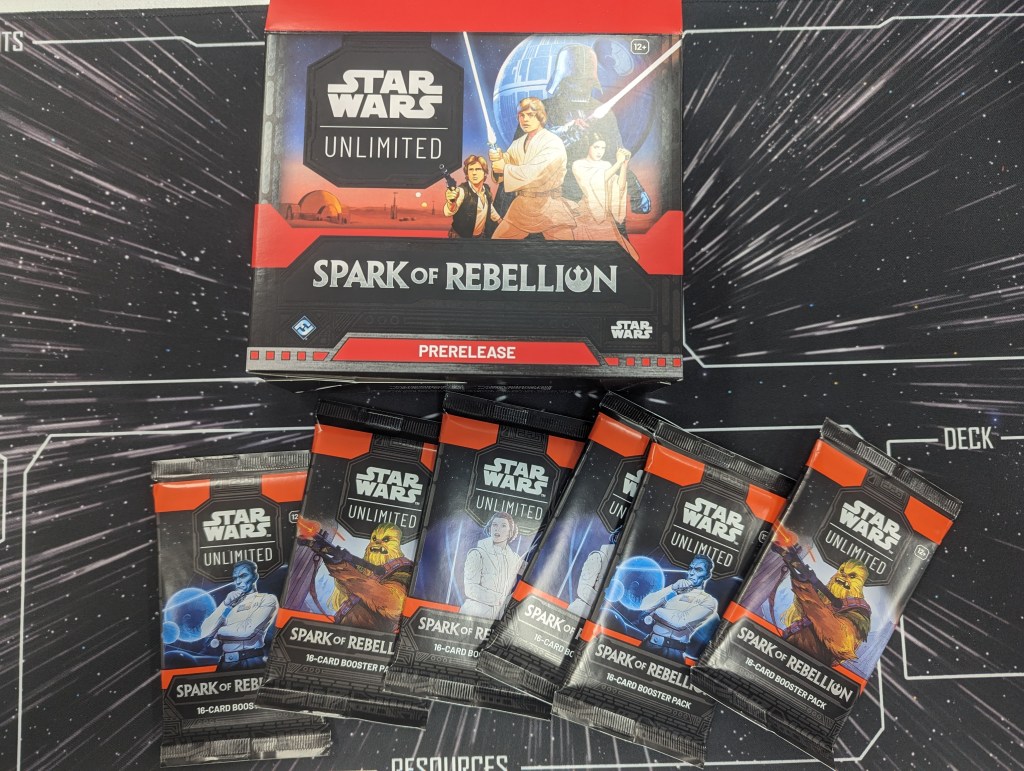
The rules of engagement
At the start of the game, each player will draw a hand of six cards, with the option to mulligan and redraw once each. A coin is then flipped to determine who holds the ‘Initiative’ token, and whoever it is gets to go first.
Gameplay is divided into rounds, with each round comprising an ‘Action’ phase and a ‘Regroup’ phase. Each Action phase consists of many back and forth turns between each player, with each turn allowing the player to do one singular ‘thing’: attacking, playing a card from their hand, using their Leader’s ability etc.
Once your one thing has been done, the other player takes their turn. Any player may also make claiming the Initiative token their one chosen move. They can no longer take turns during this round when they do, but they ensure they will go first on the next one. Many cards are significantly more powerful if used when the player holds the Initiative, so weighing up when to claim it is hugely strategic.
Akin to Magic, creature cards enter the battlefield tired, unable to do anything until the next round, unless otherwise specified. Creatures also get tired once they’ve attacked, and are unable to do anything once they become so. The one real departure here from Magic is that damage on creatures persists through rounds until they’re defeated or healed, meaning soldiers and vehicles on the battlefront will be steadily grinding each other down without adequate support or clever tactical manoeuvring from their respective commanding player.
Once the Initiative has been claimed, and the other player has run out of things to do, the Regroup phase is entered. During Regroup, each player draws two cards from their deck, may play one card from their hand into their Resource pool, and readies any cards that were tired during the prior Action phase. The whole cycle is then repeated until one player destroys the other’s Base.
With the exception of specific powers and abilities present on cards themselves, that’s pretty much the entirety of the rules.
As someone with significant experience in these kinds of card games, my ability to grasp how to play was undoubtedly a little ahead of a total newcomer. Even so, all the random people I played with at a prerelease event were pleasantly surprised by how easy to learn and quick to play the game is, as was the Star Wars-disliking friend I subsequently taught the game to, days later.
Read: 14 of the best cooperative board games for two players
It’s an elegantly crafted game system with really snappy back and forth flow. The strongly thematic but hugely flexible deckbuilding the Aspect system allows for, along with the endless combinations in which cards can synergise, makes it all feel enormously rewarding, and satisfying in its depth, too.
A good game of Unlimited feels strongly akin to a good game of Star Wars: Battlefront with soldiers and ships fighting and dying around iconic heroes. For a Star Wars fan like myself, the vibe is absolutely sublime.
It’s my favourite tabletop game in years, but I’m still anxious
Fantasy Flight has already announced two upcoming seasonal expansions for Star Wars: Unlimited, and wisely, they’re spacing each one out on a four month cycle. It really feels as if they’re trying to make Unlimited into something that sits in the marketplace alongside Magic, and doesn’t try to take it on directly.
The company also appears consciously unwilling to further drown the deckbuilder game audience in an even bigger deluge of product drops than they already deal with – a mercy for me specifically, as my bank account can’t repel firepower of that magnitude.
I’m still astonished at how quickly Star Wars: Unlimited clicked for me, how deeply it got its hooks in me after just one game, and just how much every game since has just made me love it all the more. If Fantasy Flight can hang on to the license and not get greedy with releases, then I think it has a bright future. Given their track record, however, I can’t help but feel like that’s a pretty significant if.
Five stars: ★★★★★
Star Wars: Unlimited
Designers: Daniel Schaefer, Jim Cartwright, Tyler Parrott, Jeremy Zwirn
Publisher: Fantasy Flight Games
A copy of Star Wars: Unlimited was provided by VR Distribution and Rocket Comms for the purposes of this review. GamesHub reviews are scored on a five-point scale. GamesHub has affiliate partnerships. These do not influence editorial content. GamesHub may earn a small percentage of commission for products purchased via affiliate links.
